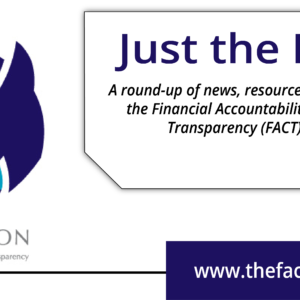
Promise and Peril for Global Minimum Tax at OECD Negotiations: Just the FACTs: July 26
Following last month’s historic agreement on a 15 percent global minimum tax rate at the G7 Finance Ministers meeting, a groundbreaking 130 countries came together to support the Organization for Economic Cooperation and Development (OECD)’s Inclusive Framework, in another sign of accelerating progress on global taxation reform.

